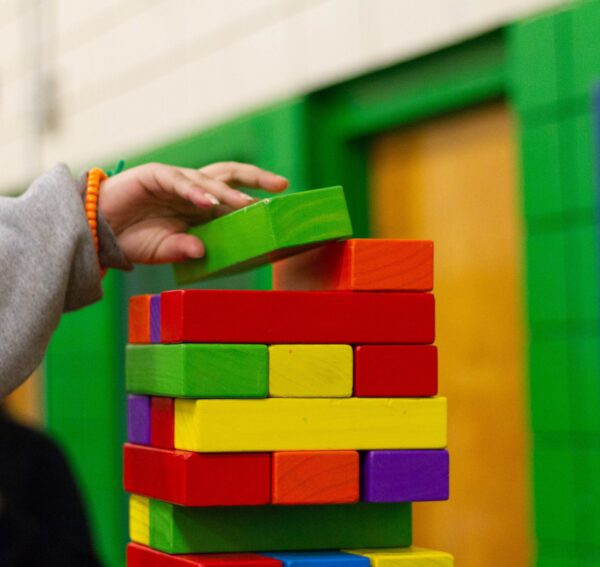Parents call for purpose-built early childhood services for children with additional needs

For many families in Western Australia and around the country, finding access to early childhood education and care (ECEC), consistent with the days and times required, can be a challenge.
For those families who have children with additional needs, finding care can be even more problematic. These difficulties have prompted families and advocates in WA to call for more to be done, seeking purpose-built services that are able to cater for the diverse needs of children who need unique care.
While all families have a legal right to access ECEC under the Disability Discrimination Act 1992 the number of services with sufficient facilities, staff and equipment to cater for children with high levels of need, and in some instances, requiring services to retrofit to suit would cause ‘unjustifiable hardship’.
One advocate in this space, Monique Ryan, started her company, Ripple Ability, to help parents to navigate the Disability Insurance Scheme (NDIS) after her own experience advocating for her daughter left her frustrated.
She recently shared her story with ABC journalist Lucy Martin.
“We know that childcare centres are discriminating against [these] children,” Ms Ryan said.
Ripple Ability has contacted dozens of ECEC services in Western Australia trying to find care for children with high needs, and knows first hand the challenges parents face.
Based on her experiences, and the experiences of her clients, Ms Ryan is advocating for a new model, one which involves purpose-built centres with flexible hours, equipment and medically trained staff and therapists.
As well as allowing parents the freedom to work, study, or have respite while knowing their children are safe and cared for, these purpose built centres would allow children the opportunity to make friends and build social networks with others who have similar lived experiences.
“We could open a model like this tomorrow but there’s no way that [families] can afford it and that’s the biggest problem,” Ms Ryan said, noting the limitations of the current child care subsidy model.
A service which was able to cater for children with higher level needs would require pediatric nursing staff as well as ECEC staff, and any subsidy model would need to consider this.
Despite the challenges in this space some services are willing to go the extra mile, with local provider Lake Joondalup Early Learning Program planning to open a second ECEC facility on the site of their existing service which would cater to children with more complex clinical needs.
The centre is in talks with the Federal Minister for Early Childhood Education Anne Aly to become a pilot facility for a new childcare subsidy model which would provide the additional support children with high level needs have.
“We’re not sure what it will look like because we’re waiting to hear back but we’re pretty excited about it,” Ms Jones told the ABC.
To read the original coverage of this story, please see here.
Popular

Economics
Policy
Provider
Workforce
Prime Minister Albanese backs Tasmanian Labor’s childcare plan, highlights national early learning progress
2025-06-30 10:42:02
by Fiona Alston

Events News
Marketplace
Practice
Provider
Quality
Research
Workforce
How do you build and keep your dream team? ECEC Workforce and Wellbeing Forum tackles the big questions
2025-06-24 15:20:53
by Fiona Alston

Economics
Provider
Quality
Practice
Policy
Workforce
South Australia announces major OSHC sector reforms aimed at boosting quality and access
2025-06-30 09:49:48
by Fiona Alston












